Not less than 51 lives have been lost by raging wildfires in Chile, prompting President Gabriel Boric to declare a state of emergency.
“Given the conditions of the tragedy, the number of victims will surely increase in the coming hours,” President Boric cautioned during a televised statement on Saturday, as coastal cities suffocate in smoke and central regions witness mass evacuations.
Amid the crisis, the defense ministry is deploying additional military units with all necessary resources, reflecting the severity of the situation. Provinces like Marga Marga and Valparaíso are under a declared state of emergency, accompanied by a curfew to facilitate emergency support deployment.
Interior Minister Carolina Tohá disclosed that 92 active fires are currently ravaging approximately 43,000 hectares of land.
READ ALSO: Hawaii Wildfire Survivors Recall How They Escaped Inferno, As Death Toll Reaches 55
While firefighters have managed to control 40 fires, 29 others still pose a formidable challenge.
The wildfires coincide with a scorching summer heatwave, with Santiago experiencing consecutive days of temperatures surpassing 33 degrees Celsius (91.4°F). Scientists attribute these extreme conditions to climate change and the El Nino weather phenomenon, emphasizing the heightened risk of heatwaves and fires globally.
Authorities have detained an individual in connection with the wildfires, linking the outbreak to welding work at his home in Talca. Emergency crews are prioritizing efforts in the port city of Valparaíso, where around 372 residents are reported missing, and an estimated 1,100 homes have been damaged.
“The biggest concern is that some of the fires are in zones very close to urban areas, at the interface of urban areas, and therefore have a very high potential to affect people, homes, and installations,” warns Minister Tohá.
As the death toll climbs, with at least six succumbing to injuries in hospitals, the situation remains critical. Authorities express concern over fires in proximity to urban areas, heightening the potential impact on lives and infrastructure. Emergency response teams continue their efforts amidst the unfolding tragedy.
Emmanuel Ochayi is a journalist. He is a graduate of the University of Lagos, School of first choice and the nations pride. Emmanuel is keen on exploring writing angles in different areas, including Business, climate change, politics, Education, and others.

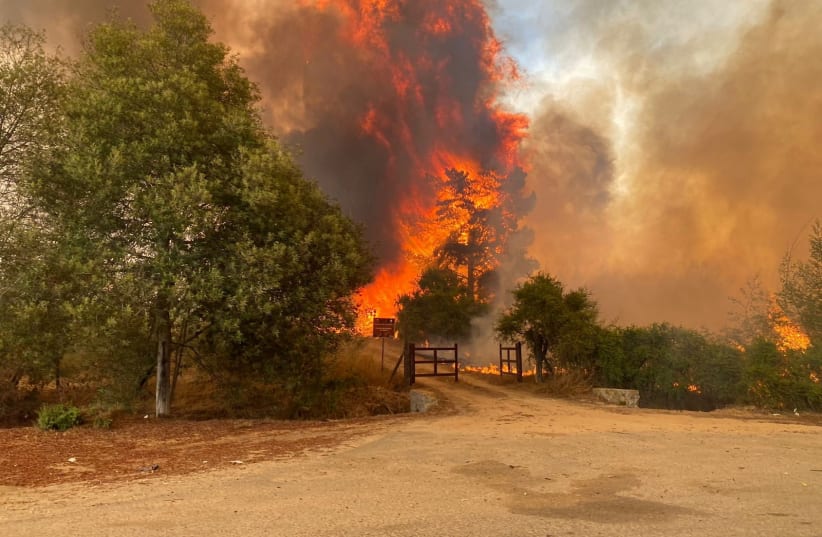



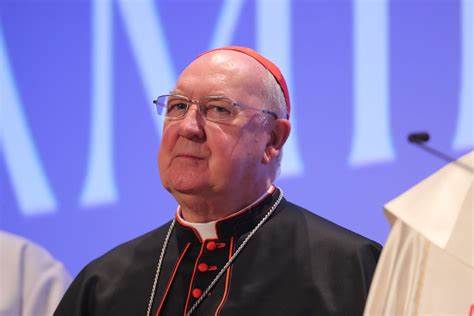
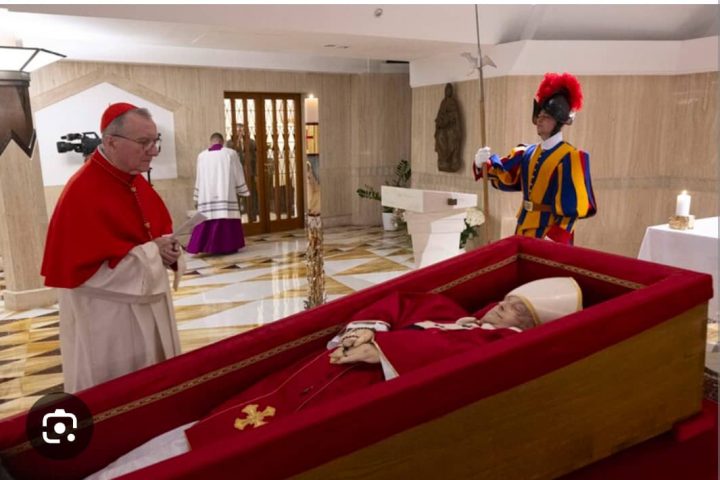
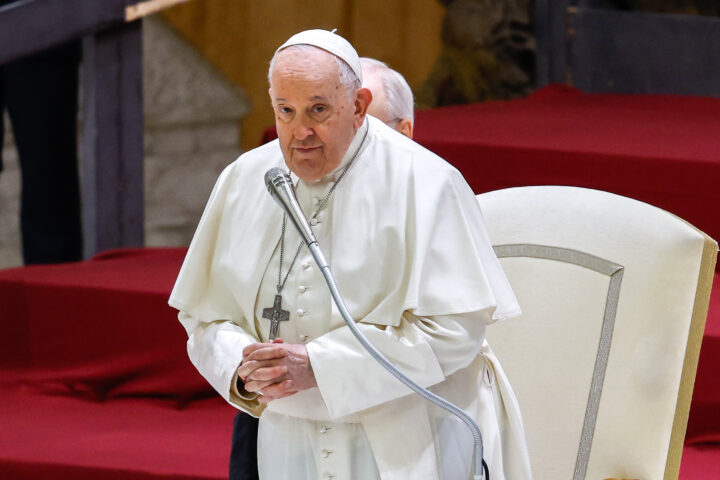






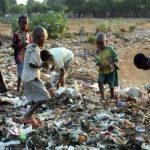

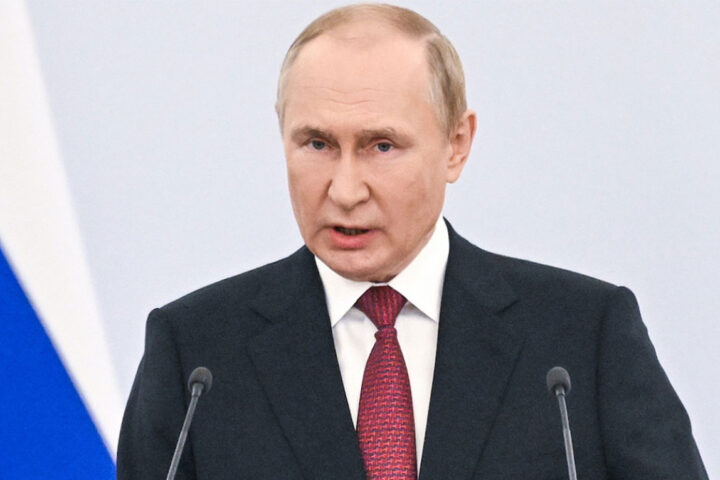

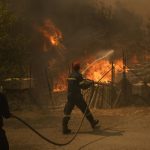
Follow Us